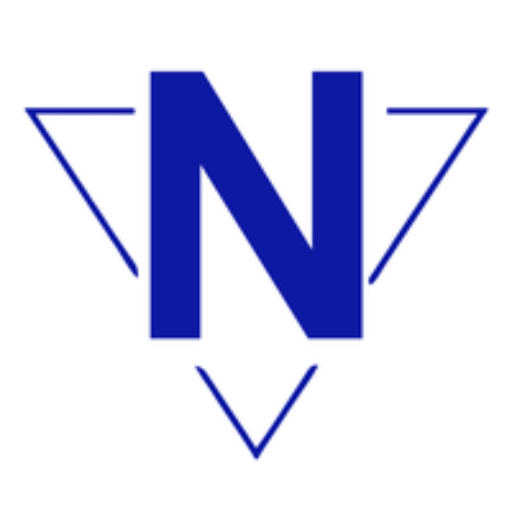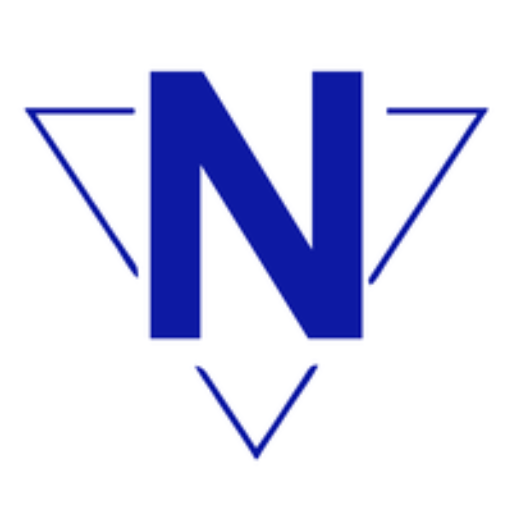In the age of digital transformation, blockchain technology has emerged as a groundbreaking innovation, influencing everything from finance and supply chains to healthcare and government operations. What started as a foundation for cryptocurrency has evolved into a versatile solution for numerous industries, providing security, transparency, and trust in digital interactions. Let’s explore how blockchain technology is redefining trust in the digital world.
What is Blockchain Technology?
Blockchain is a decentralized digital ledger that securely records transactions across multiple computers so that the record cannot be altered retroactively without altering all subsequent blocks and the consensus of the network. Initially developed as the technology behind Bitcoin, blockchain technology has become the foundation for various applications that require a high level of security and reliability.
A blockchain comprises “blocks” that store data, linked in chronological order, forming a “chain.” Each block contains transaction data, a timestamp, and a unique cryptographic hash of the previous block. This design makes blockchain inherently resistant to tampering, creating a secure and transparent way to record data.
Why Blockchain Matters in the Digital World
In a traditional setting, trust is often centralized—managed by banks, governments, or large corporations. However, these systems can be prone to inefficiency, corruption, and even data breaches. Blockchain technology disrupts this model by decentralizing control, making digital trust less reliant on a single entity. It allows users to trust the technology itself, thanks to blockchain’s immutable and transparent nature.
Key Features that Drive Trust in Blockchain Technology
- Transparency: Blockchain’s transparency comes from its public ledger, where all transactions are visible to anyone on the network. This transparency is essential in sectors like finance and supply chain management, where it’s crucial to ensure honesty and accountability.
- Decentralization: Unlike traditional databases controlled by a central authority, blockchain networks distribute data across multiple nodes. This decentralization reduces the risk of a single point of failure, making it more difficult for bad actors to compromise the system.
- Security through Cryptography: Blockchain employs complex cryptographic algorithms to secure transactions. Public and private keys, along with encryption techniques, ensure that only authorized parties can access or manipulate data.
- Immutability: Once data is recorded on a blockchain, it’s nearly impossible to alter. This immutability prevents tampering, ensuring the data remains trustworthy. In finance, healthcare, and voting systems, this permanence of records is invaluable.
- Smart Contracts: Smart contracts are self-executing agreements with the terms written directly into code, running on the blockchain. These contracts allow for automated, trustless transactions and can be used for a variety of applications, from financial services to property ownership.
Applications of Blockchain Technology
1. Finance and Banking
Blockchain technology is already transforming the financial sector by enabling faster and cheaper transactions, especially in cross-border payments. Traditional banking systems are slow, often requiring days for international transfers, while blockchain enables nearly instantaneous and low-cost transactions.
Banks and financial institutions are exploring blockchain for its potential to reduce fraud, streamline operations, and enhance transparency. Blockchain’s decentralized and secure nature is particularly appealing to the finance sector, where data security and accuracy are paramount.
2. Supply Chain Management
Supply chains can be complex and opaque, with multiple intermediaries that increase the risk of errors, fraud, and inefficiencies. Blockchain technology provides a way to track products at each stage of the supply chain, providing visibility and accountability. Walmart and IBM have already implemented blockchain to trace food sources, helping to ensure product quality and safety for consumers.
3. Healthcare
In healthcare, patient data privacy and security are critical. Blockchain can create a secure system for managing health records, giving patients control over their information while ensuring data integrity. Patients, doctors, and authorized parties can access and share information securely without risking privacy breaches. Blockchain also supports the efficient tracking of pharmaceuticals, reducing the risk of counterfeit drugs.
4. Voting Systems
Blockchain technology has shown promise as a tool for transparent and secure voting systems. Traditional voting systems are vulnerable to tampering, but blockchain can ensure that votes are securely recorded and counted. Countries like Estonia have explored blockchain-based voting, enhancing voter trust by making elections transparent and tamper-proof.
5. Intellectual Property Protection
Blockchain provides a platform for tracking ownership rights of digital assets. Artists, musicians, and content creators can use blockchain to register and authenticate their work, providing a verifiable ownership record and preventing unauthorized use or copying. Non-fungible tokens (NFTs) are a blockchain-based innovation that has brought intellectual property management into the digital age.
Challenges of Blockchain Technology
Despite its potential, blockchain technology faces some challenges. These include:
- Scalability: Processing large volumes of transactions on blockchain can be slow and costly. Solutions like sharding and layer-two protocols aim to address these issues, but scalability remains a significant hurdle.
- Energy Consumption: Blockchain networks, particularly proof-of-work systems like Bitcoin, require substantial energy. This has raised concerns about blockchain’s environmental impact and encouraged research into energy-efficient consensus algorithms, such as proof-of-stake.
- Regulatory Issues: Blockchain’s decentralized nature makes it difficult to regulate, and governments worldwide are still figuring out how to approach it. Legal frameworks around blockchain must balance innovation with consumer protection.
- User Education and Adoption: Blockchain is a complex technology, and mainstream adoption will require better understanding and user-friendly applications. Educating users and promoting blockchain’s benefits will be key in expanding its reach.
The Future of Trust in the Digital World with Blockchain
Blockchain technology has a revolutionary potential, but its future depends on how well it adapts to and addresses its current limitations. As technology evolves, blockchain is likely to play an essential role in sectors where trust and security are paramount. Businesses and governments alike are beginning to see the value in a transparent, decentralized ledger system for enhancing trust and reliability.
For consumers, blockchain offers a glimpse into a future where they control their data and privacy. As blockchain technology matures, it will likely continue to redefine trust, enabling a more open and accountable digital world.
Conclusion
Blockchain technology is reshaping how we think about trust in digital interactions. Its decentralized, secure, and transparent design eliminates the need for intermediaries, allowing people to trust the system itself rather than a third party. From finance to healthcare, blockchain’s applications are vast and varied, offering innovative solutions to longstanding problems.
As we navigate the digital future, blockchain represents more than just a technological advancement—it’s a shift in how we manage trust in an increasingly interconnected world. With ongoing development, blockchain will continue to redefine digital trust, opening doors to new possibilities across industries.



